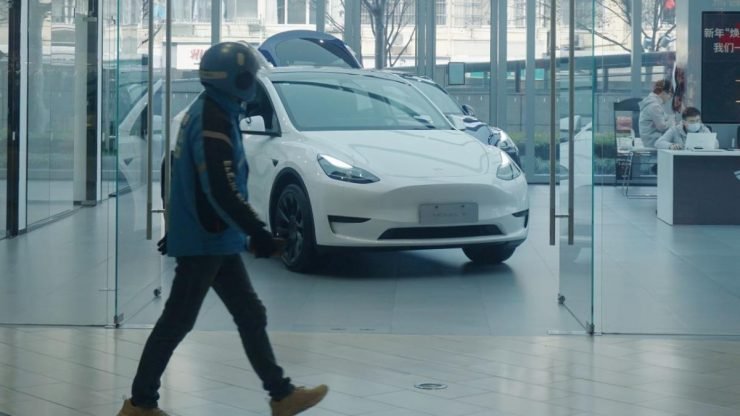The automotive industry is transforming. European automakers face tough competition from Chinese electric vehicle (EV) rivals. These rivals offer cheaper electric vehicles, pushing European companies to innovate and cut costs. Automakers are turning to suppliers for help in this challenging environment. IT professionals can draw lessons from this scenario. They can use technology to drive success in their industries.
Moreover, the EV and automotive sectors should consider the technology industry’s approach. This industry has often prioritized cost reduction over capacity building, a strategy with significant drawbacks.
Cost competition and China
European automakers are in a fierce battle with Chinese EV manufacturers. The competition is intense because Chinese manufacturers can offer more affordable electric vehicles. To respond, European automakers are scrutinizing their supply chains. They aim to reduce costs without sacrificing quality. By pressuring suppliers to lower prices, European companies strive to remain competitive in the fast-changing EV market.
Squeezing costs to compete on price can harm product quality. This strategy has backfired in the technology industry, especially among PC manufacturers. Companies that cut costs often compromise on components and innovation. While this might save money in the short term, it damages brand reputation and customer trust over time. Consumers initially attracted to low prices become disappointed with poor performance and reliability.
The PC market has seen a surge in low-cost, low-quality devices. These products fail to meet expectations, leading to lower customer satisfaction and loyalty. In their quest for slim margins, companies overlook the importance of quality and innovation. This approach makes it difficult to keep customers in a market that values reliability and innovation. The balance between cost management and quality maintenance is crucial. Investing in durable components and innovation brings long-term benefits.

One key takeaway for IT professionals is the importance of collaboration and innovation. By working closely with suppliers and leveraging technology solutions, automakers can streamline their processes and drive efficiencies. This collaborative approach can help companies stay ahead of the competition and adapt to changing market dynamics.
Another lesson for IT professionals is the need for agility and flexibility. The automotive industry is constantly evolving, and companies must be able to quickly adapt to new challenges and opportunities. By investing in digital transformation and embracing new technologies, automakers can position themselves for long-term success in the EV market.
Looking ahead, the long-term implications of facing Chinese EV rivals are significant. European automakers must continue to innovate and find ways to differentiate themselves in the market. By focusing on cutting costs and improving efficiency, automakers can set themselves up for success in the competitive EV landscape.
Overall, the automotive industry serves as a valuable case study for IT professionals looking to drive success in their own industries. By learning from the challenges and opportunities faced by European automakers, IT professionals can leverage technology to stay ahead of the curve and thrive in an increasingly digital world.
Future Impact Cost reduction in EV
Facing Chinese EV Rivals, Europe’s Automakers Squeeze Suppliers on Costs showcases the critical importance of cost-cutting and innovation in the automotive industry. Moving forward, these strategies will become even more essential as European automakers compete with Chinese rivals in the EV market. By embracing technology and focusing on efficiency, automakers can position themselves for long-term success in this rapidly evolving landscape.
Learning from successful companies can help generate creative business development ideas without incurring high costs. With the right strategy, you can maximize your investment and direct your resources towards the areas that provide the highest returns. However, it is essential to be selective and avoid blindly imitating successful companies to prevent serious consequences for your business or project.
Running a small business is a labor of love that requires immense dedication and hard work. But it’s also essential to prioritize family and personal life. Developing the right business strategy is key to striking a balance between work and personal life.
Observing the strategic moves of larger companies can be a game-changer for startups and small businesses. It offers an opportunity to understand market dynamics, customer preferences, and effective business models, allowing them to implement these lessons in a way that aligns with their unique goals and resources.
I make it a point to highlight stories like on my website. This serves a dual purpose: firstly, to provide a valuable reference for my writing endeavors, and secondly, to share insightful narratives with the wider community.
If you like this story you should check out some of the other stories in the Small Business
To check the original story Click here







